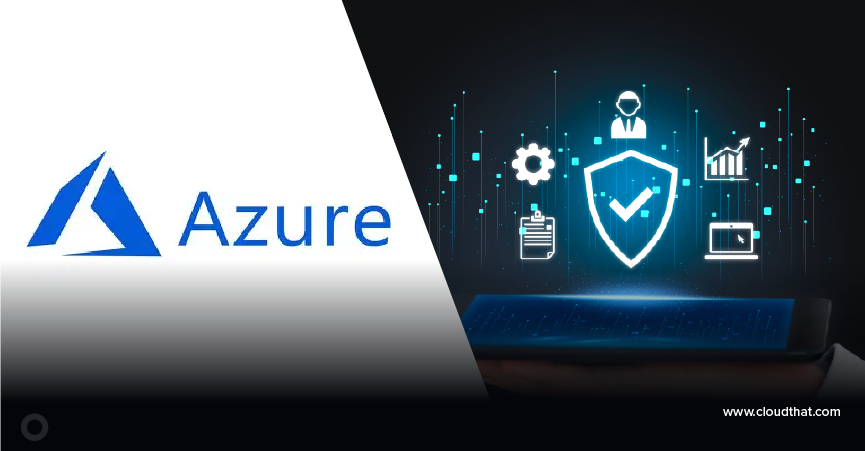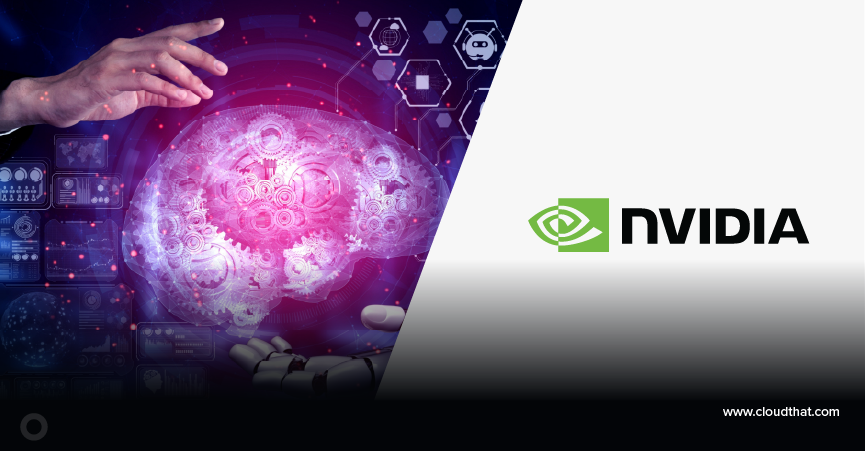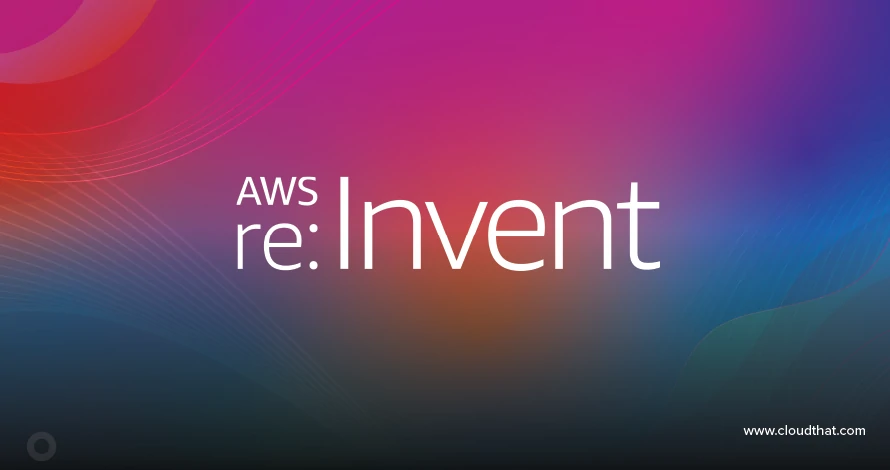|
Voiced by Amazon Polly |
In today’s fast-paced digital landscape, protecting corporate assets is an ever-growing challenge. Traditional security tools often struggle to keep up with the volume and complexity of data generated across cloud, on-premises and hybrid environments. This is where Security Information and Event Management (SIEM) solutions come into play, and Microsoft Sentinel (formerly Azure Sentinel) has emerged as a major cloud native player.
Start Learning In-Demand Technology Skills with Expert-Led Training
- Industry-authorised Curriculum
- Expert-led Training
What is Microsoft Sentinel?
Microsoft Sentinel is a cloud-native SEIM and Security Orchestration, Automation, and Response (SOAR) solution designed to provide intelligent security analytics across the entire enterprise, offering a bird’s-eye view of your security posture. By harnessing the power of the cloud and leveraging Microsoft’s extensive threat intelligence, it offers a scalable, centralized platform for threat detection, proactive hunting and rapid response.
Key Capabilities of Microsoft Sentinel
Sentinel’s strength lies in its ability to collect, detect, investigate and respond to threats across an organization’s digital estate.
- Massive Data Ingestion: Sentinel can connect to and ingest data from a vast array of sources, including Azure services, Microsoft 365, on-premises components and other cloud providers such as AWS and Google Cloud. Its extensive library of native and custom data connectors simplifies centralizing security logs.
- Intelligent Threat Detection: Leveraging advanced analytics, machine learning (ML) and Microsoft’s unparalleled threat intelligence, Sentinel drastically reduces noise and false positives. It uses correlation rules and ML to group low-fidelity alerts into high-fidelity incidents, providing a clearer, actionable picture of potential attacks.
- Proactive Threat Hunting: It provides powerful hunting tools, including a flexible query language (Kusto Query Language or KQL), that allow security analysts to proactively search for subtle signs of compromise that automated detections might miss. An analyst can mark interesting events as “bookmarks” for further investigation.
- Security Orchestration and Automated Response (SOAR): Sentinel is a true SOAR solution, allowing security teams to automate repetitive and time-consuming tasks. Responses can be automated using Playbooks built on Azure Logic Apps, such as isolating a compromised host, blocking a malicious IP address or notifying stakeholders. This significantly reduces incident response time.
- Investigation Tools: The platform offers an Interactive investigation graph to visually map an attack’s scope and timeline. This helps analysts quickly understand the root cause and the entities involved (users, devices, resources) in a complex security incident.

Microsoft Sentinel: Advanced Threat Detection
For a more detailed overview of Microsoft Sentinel, you can refer to courses like SC100: Microsoft Cybersecurity Architect and SC200: Security Operations Analyst Associate.
Alternatives to Microsoft Sentinel
While Sentinel is a powerful tool, it’s not the only option. Choosing a SIEM/SOAR solution often depends on an organization’s existing infrastructure, budget and specific security needs. Here are some of the top alternatives:
- Splunk Enterprise Security: A long-standing leader in the SEIM market, Splunk is renowned for its robust, flexible search capabilities and massive ecosystem of integration. It’s often favored by large enterprises with complex, multi-vendor environments, but can be costly and require significant operational overhead.
- IBM Security QRadar: Another established SEIM platform, QRadar excels at log management, network activity monitoring and deep analysis, often preferred by organizations already invested in the IBM security portfolio.
- Elastic Security (Elastic Stack): Built on the popular ELK stack (Elasticsearch, Logstash, Kibana), Elastic Security is highly praised for its speed, scalability and open-source foundation. It’s an excellent choice for organizations comfortable with a more hands-on, highly configurable solution, offering great flexibility for log analytics and security use cases.
- LogRhythm SIEM/Exabeam Fusion SEIM: Both are strong contenders known for their focus on User and Entity Behavior Analytics (UEBA), which uses ML to profile normal user behavior and flag suspicious deviations, providing another layer of intelligence over raw log data.
- CrowdStrike Falcon: CrowdStrike Falcon focuses on the endpoint detection and response (EDR) and extended detection and response (XDR) capabilities. It provides advanced threat prevention, real-time visibility into endpoint activity and automated response actions.

Other SIEM Solutions
Making the Smart Choice for Scalable, Cloud-Native SIEM Solutions
The final decision should be driven by a thorough gap analysis between your current security posture, existing infrastructure and specific compliance or regulatory requirements your organization faces. Furthermore, prioritize a solution that offers scalability and flexible licensing to adapt to future growth and the evolving threat landscape without forcing a complete architectural overhaul. Ultimately, seamless integration into your day-to-day Security Operations Center (SOC) workflows and the platform’s ability to minimize tool-switching will determine long-term operational efficiency and success.
Upskill Your Teams with Enterprise-Ready Technology Training Programs
- Team-wide upskilling programs
- Measurable business outcomes
About CloudThat
CloudThat is an award-winning company and the first in India to offer cloud training and consulting services worldwide. As a Microsoft Solutions Partner, AWS Advanced Tier Training Partner, and Google Cloud Platform Partner, CloudThat has empowered over 850,000 professionals through 600+ cloud certifications winning global recognition for its training excellence including 20 MCT Trainers in Microsoft’s Global Top 100 and an impressive 12 awards in the last 8 years. CloudThat specializes in Cloud Migration, Data Platforms, DevOps, IoT, and cutting-edge technologies like Gen AI & AI/ML. It has delivered over 500 consulting projects for 250+ organizations in 30+ countries as it continues to empower professionals and enterprises to thrive in the digital-first world.

WRITTEN BY Naved Ahmed Khan
Naved Ahmed Khan is a Research Associate with over 5+ years of experience in Cloud. He is an MCT and also the winner of Top 100 MCT Quality Awards Winner for 2024-25. Naved is known for adding humor into his training making it engaging and fun. He has a passion for IoT services because of his roots in Electrical & Electronics Engineering and his habit of reading fictional novels add an imaginative punch into his training method. With 12 certifications in Azure, he has trained over 1000+ individuals across different verticals like Infra & Architect, Security, Data and AI. His core skillset lies in Networking, Security, Python and Powershell.


 Login
Login


 November 6, 2025
November 6, 2025 PREV
PREV











Comments